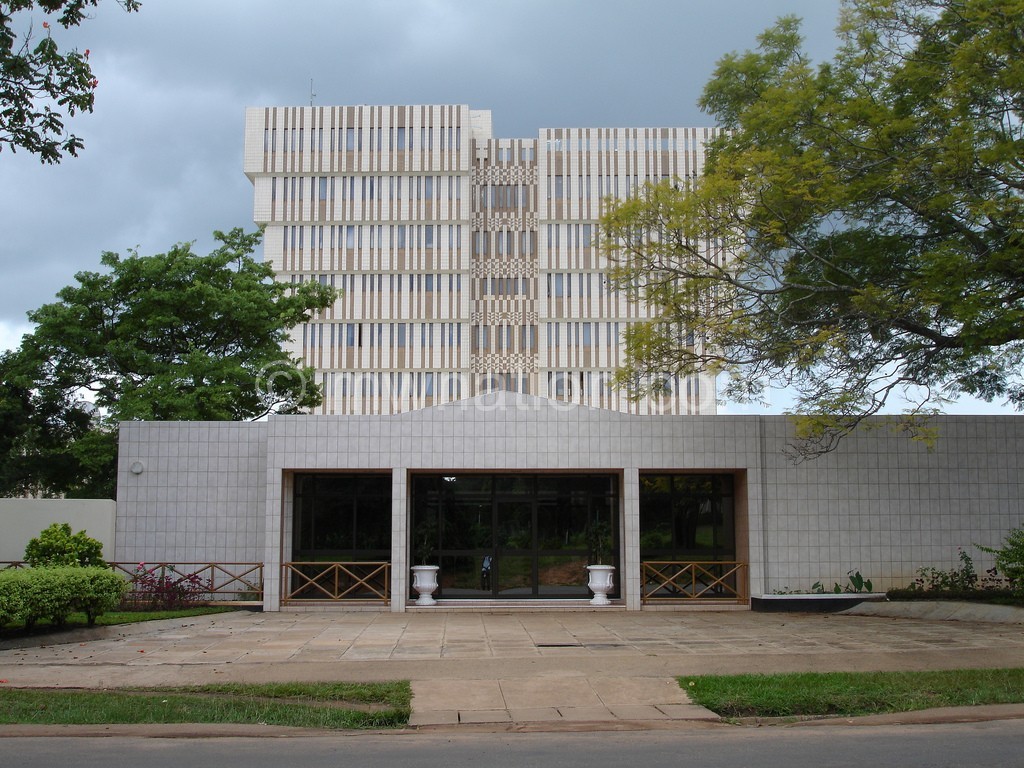RBM misses annual inflation target
Malawi’s year-on-year headline inflation rate for December 2019 rose by 1.1 percentage points to 11.5 percent, closing the year with an annual average inflation rate of 9.4 percent.
The average inflation rate is 0.2 percentage points above the Reserve Bank of Malawi (RBM)annual projected rate of 9.2 percent.

In an interview yesterday, RBM spokesperson Mbane Ngwira attributed the rise in the inflation rate to continued increase in maize prices.
He said the December inflation outcome represents the highest recorded since May 2017, when it was at 12.3 percent.
Said Ngwira: “Inflation has evolved broadly along the projected lines. The rise in inflation is temporary, and food prices should begin to decline in the coming months as more food becomes available.”
While food inflation rate during the year rose from 10.7 percent in January to 19.3 percent in December, non-food inflation rate was contained, declining from 7.1 percent in January to 4.5 percent in December 2019.
In its Monetary Policy Statement, RBM projected that inflation will average 9.2 percent in 2019 and decline gradually to five percent in 2021, largely due to expected favourable weather pattern.
The statement acknowledged that rising food prices may slightly push up inflation rate in the fourth quarter, (October to December), leading to a marginally higher outcome than projected.
Although maize production increased by an estimated 24.7 percent relative to the previous year, prices of the grain has been on an upward spiral in the past months.
Maize is now selling at K400 per kilogramme (kg) or K20 000 per 50 kg bag in some parts of the country.
Maize, as part of the food component, impacts the country’s economy given that it constitutes 45.2 percent of the Consumer Price Index (CPI), which is an aggregate basket of goods and services the National Statistical Office (NSO) uses in computing inflation.
In an interview yesterday, Catholic University dean of social sciences Gilbert Kachamba said there is no need to be concerned with the rising inflation, but there is need to revise urban consumer basket.
He said: “In two months’ time, the rate will start to fall considering that the consumer basket under consideration has a major component made up of food.
“On the other hand, NSO should consider revising the urban consumer basket so that the inflation figures should reflect the reality on the ground.”
In his 2019/20 National Budget Statement, Minister of Finance, Economic Planning and Development Joseph Mwanamvekha was positive that the macro-economic environment will maintain a positive stance, estimating inflation to continue declining to an annual average of eight percent before declining to 6.1 percent in 2020. Malawi’s annual rate of inflation has been falling steadily since June 2016 helped by declining food prices, a relatively stable kwacha and lower international fuel prices.




